19 GPTs for Recruitment Analytics Powered by AI for Free of 2025
AI GPTs for Recruitment Analytics refer to advanced artificial intelligence models, specifically designed or adapted for analyzing and optimizing recruitment processes. These tools leverage Generative Pre-trained Transformers (GPTs) to process and analyze large volumes of recruitment data, providing insights that help organizations improve their hiring strategies. By automating the analysis of resumes, job descriptions, and candidate feedback, AI GPTs offer tailored solutions to enhance the efficiency and effectiveness of recruitment efforts.
Top 10 GPTs for Recruitment Analytics are: Resume Rating Tool,Recpilot GPT,HR Recruiter GPT,Recruiter's Assistant,PromptRecruit,HireGPT,TheraRecruit,GPT Scout,Recruit Forge,🌟 Talent Magnet Recruiter Bot 🌟
Resume Rating Tool
Your AI Partner in Talent Matching
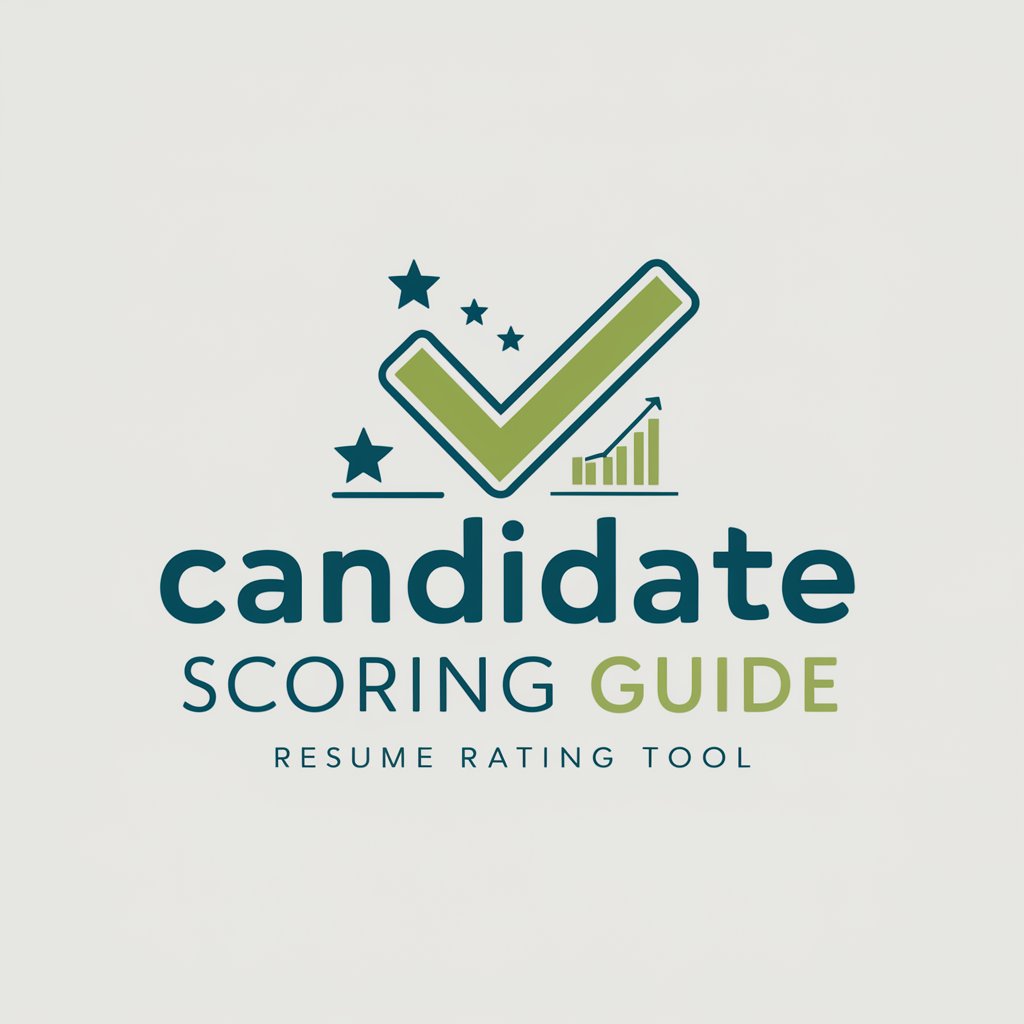
Recpilot GPT
Streamlining Recruitment with AI
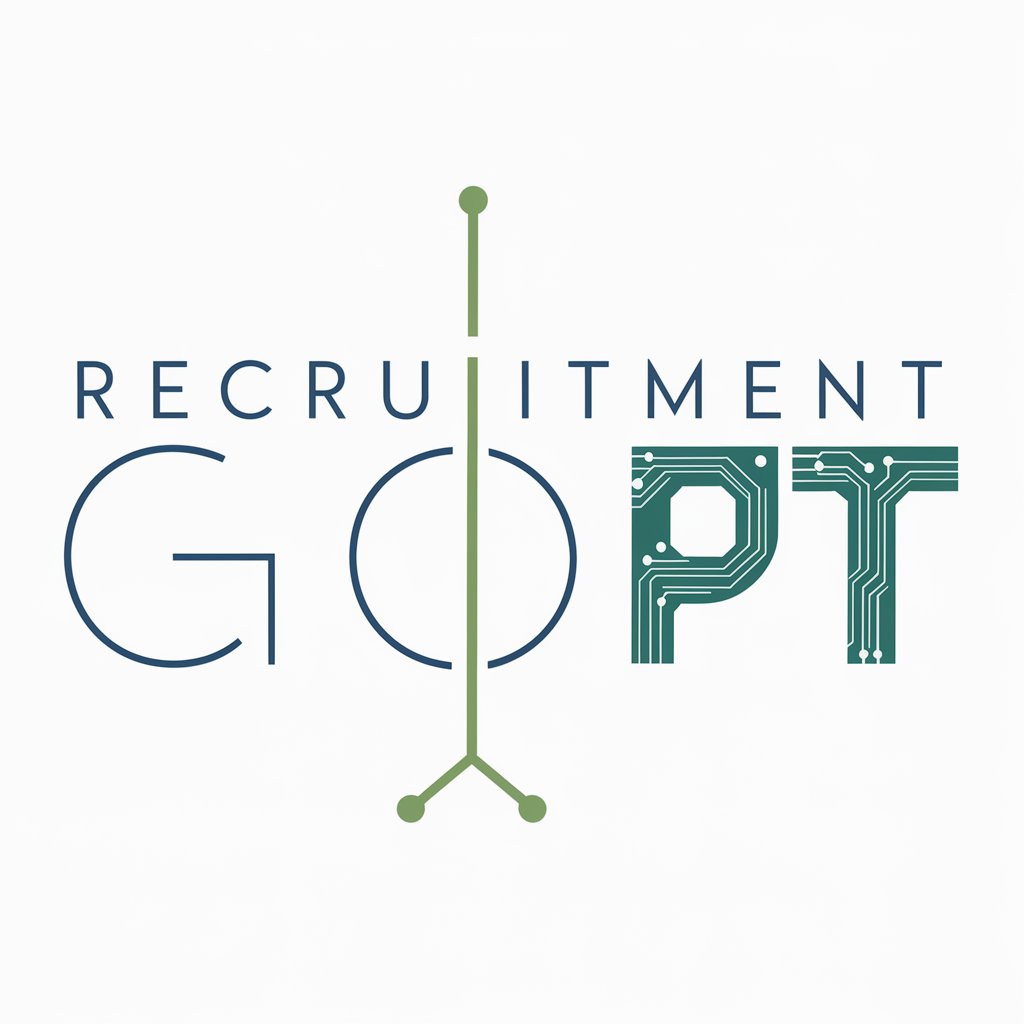
HR Recruiter GPT
Streamlining Talent Acquisition with AI
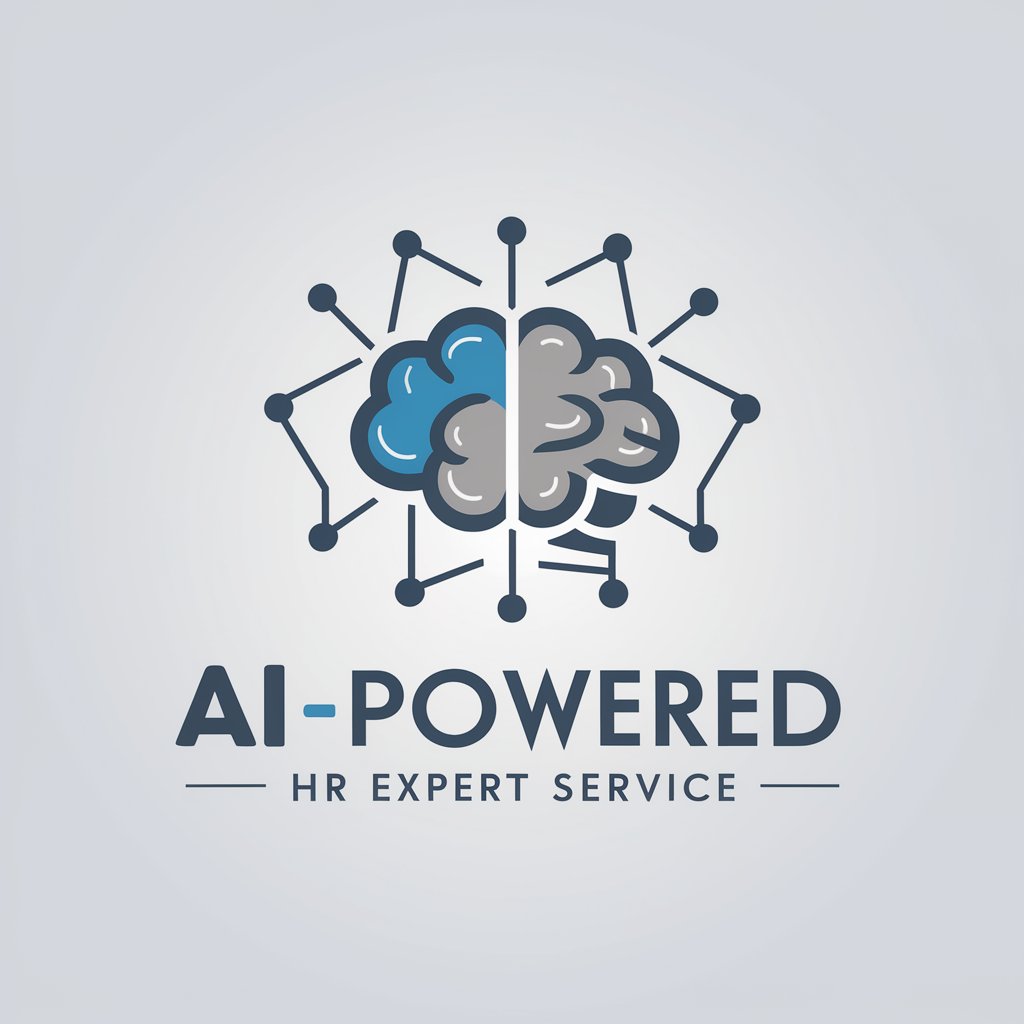
Recruiter's Assistant
Streamlining Recruitment with AI Insight
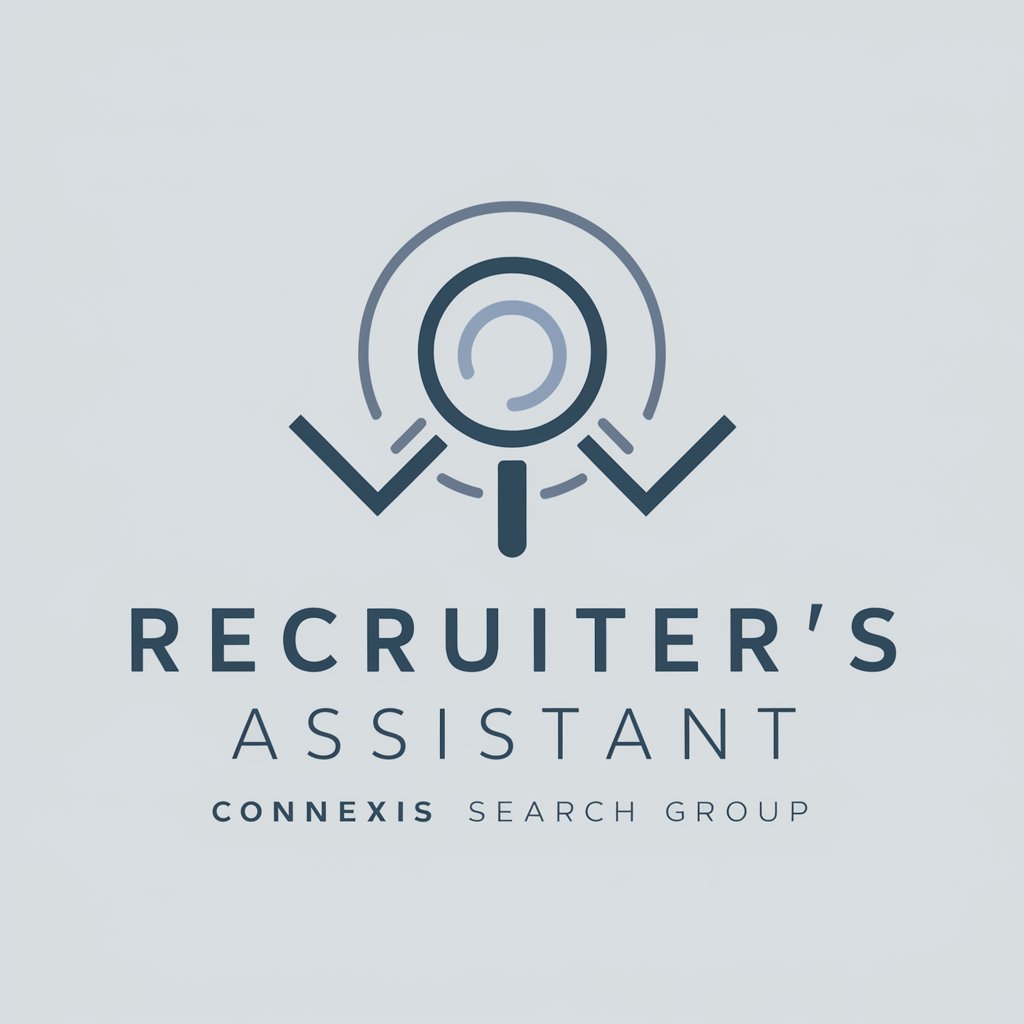
PromptRecruit
Streamline Hiring with AI Precision
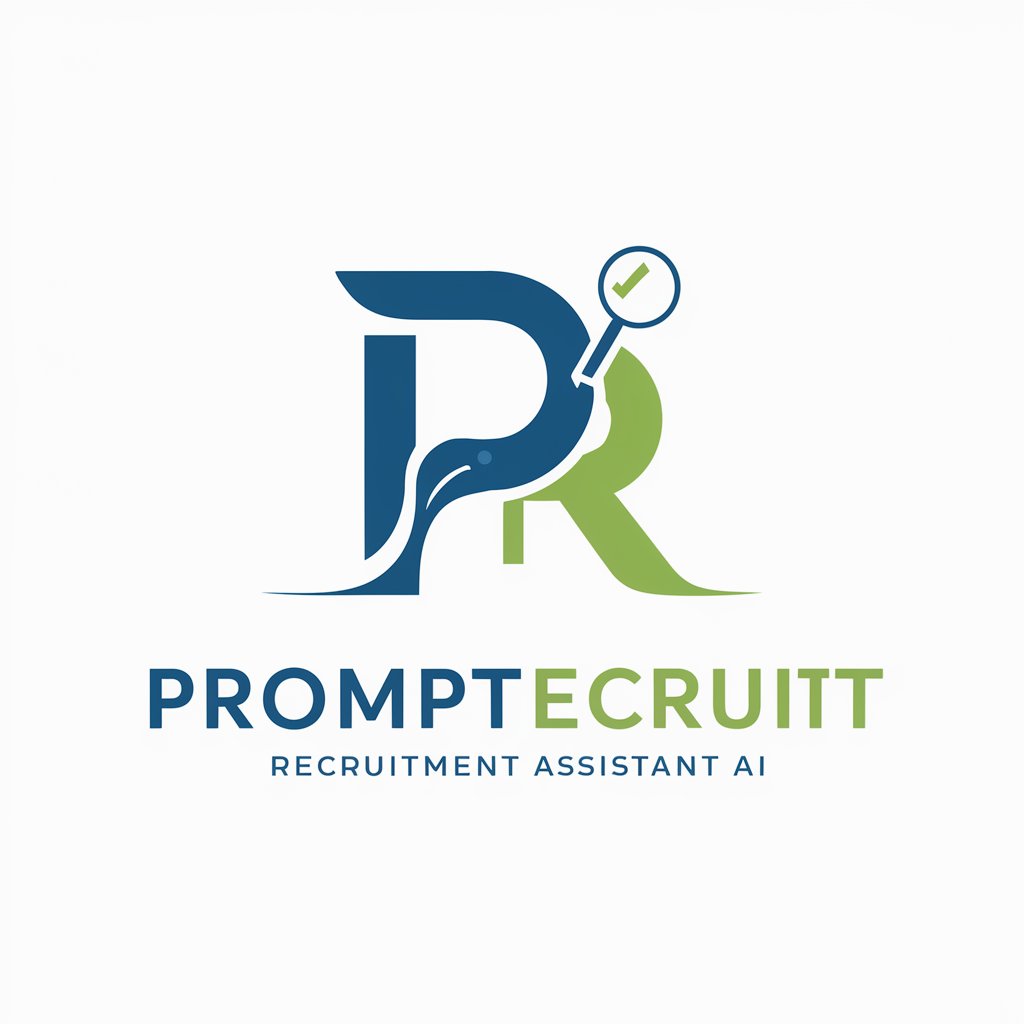
HireGPT
Streamlining Recruitment with AI Precision
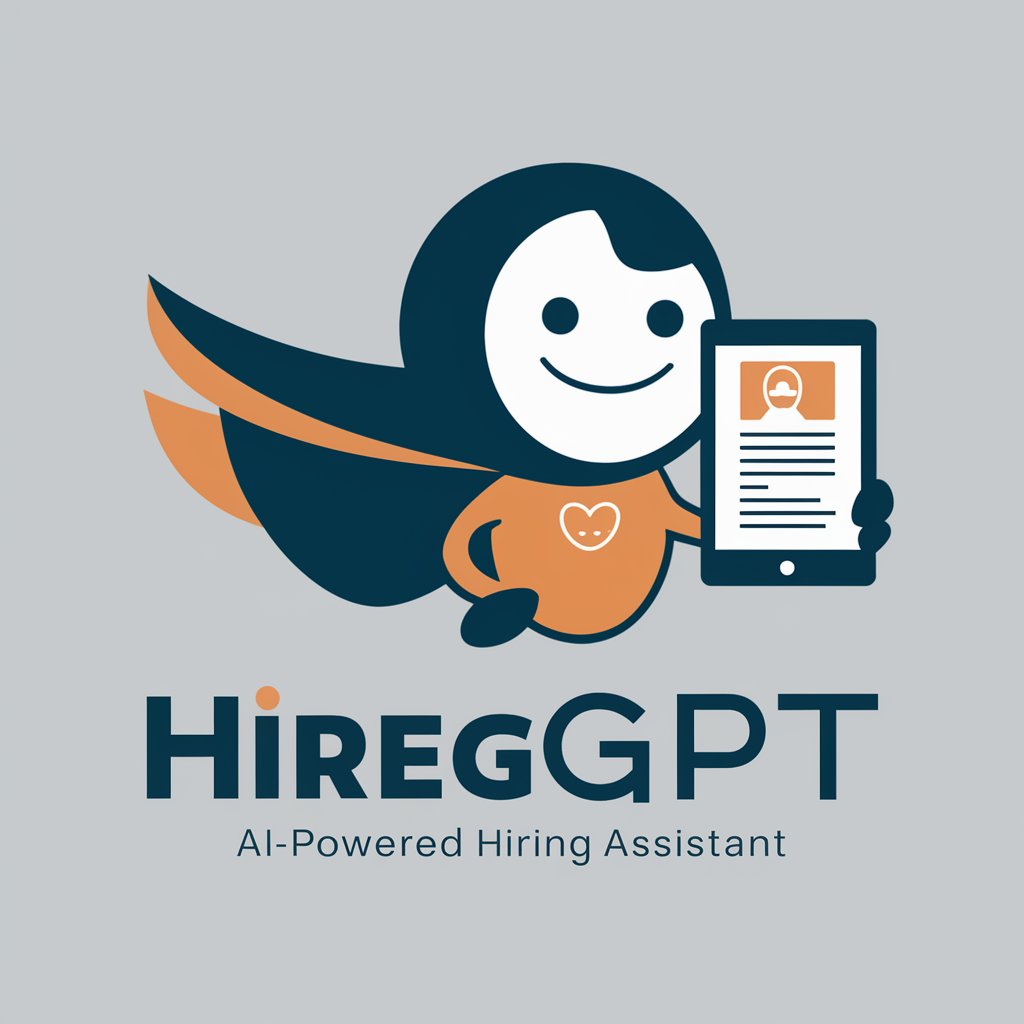
TheraRecruit
Streamlining Recruitment with AI

GPT Scout
Streamlining HR with AI Power
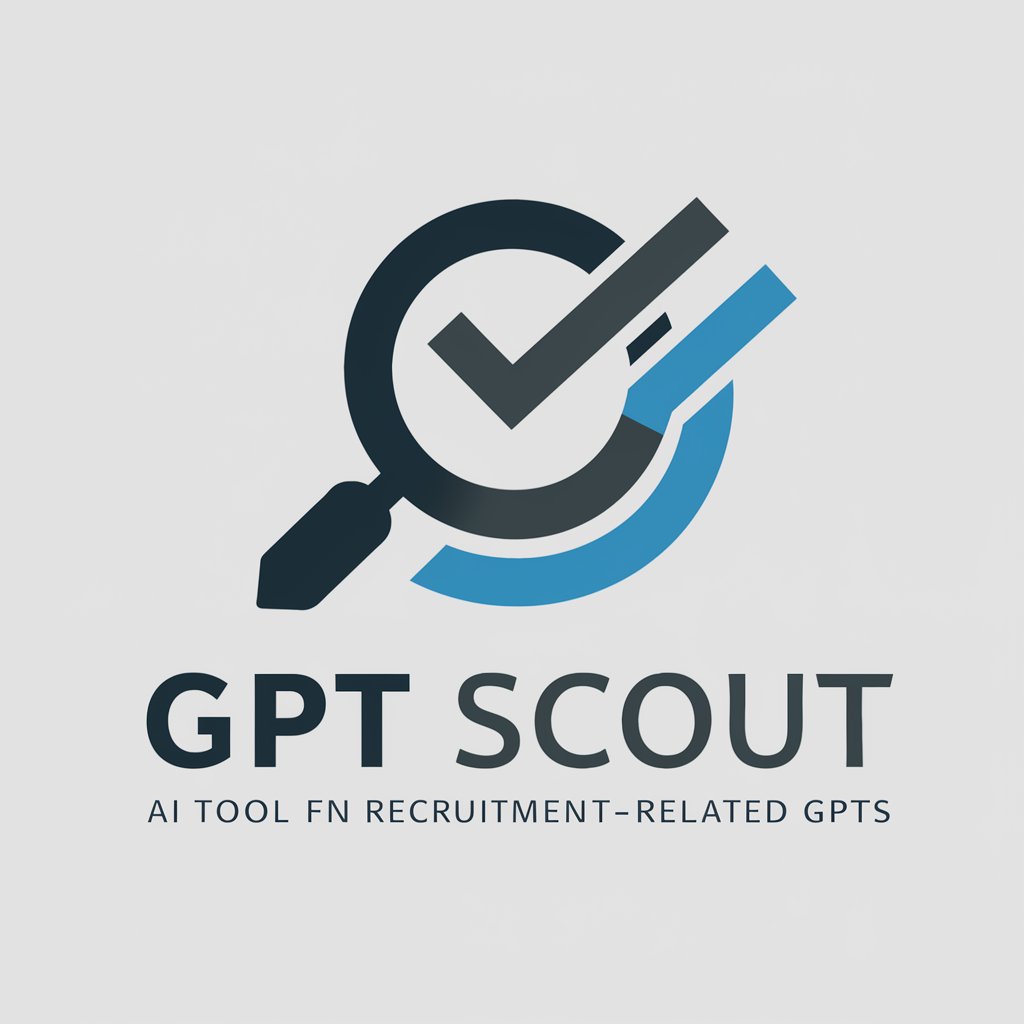
Recruit Forge
Streamlining Hiring with AI Power

🌟 Talent Magnet Recruiter Bot 🌟
Streamlining Hiring with AI
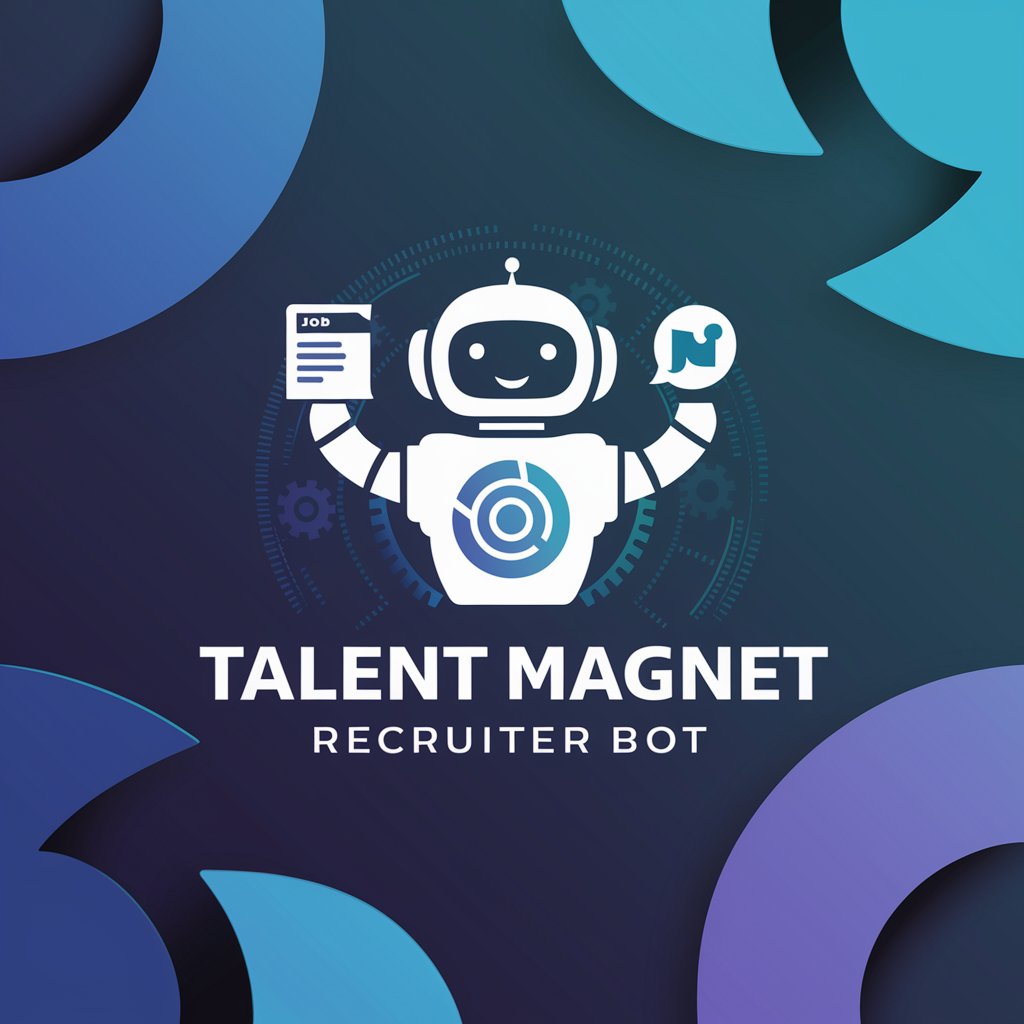
🧠🔍 Talent Hunter Pro 🎯💼
Empowering Talent Acquisition with AI
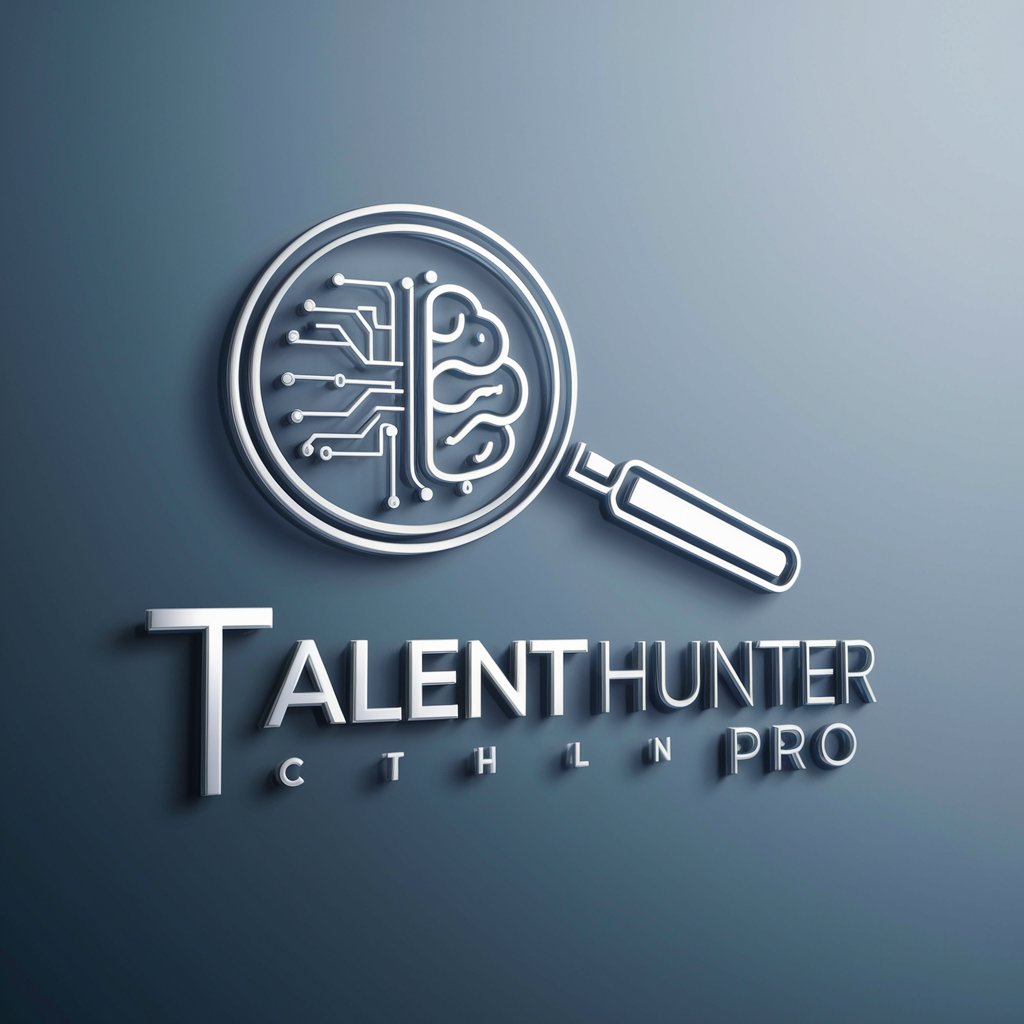
HireAssist Pro
Streamlining recruitment with AI precision
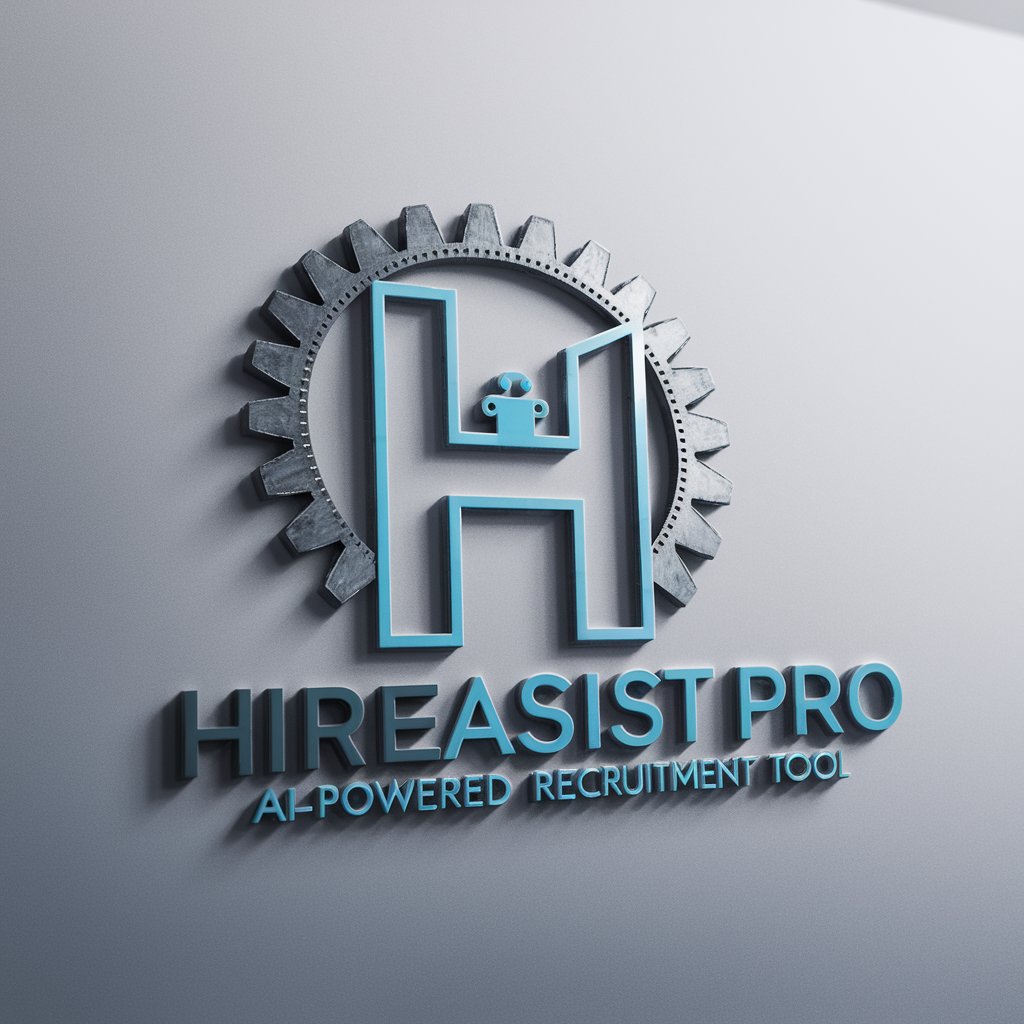
Recruiting Business Owner
Empowering Recruitment with AI
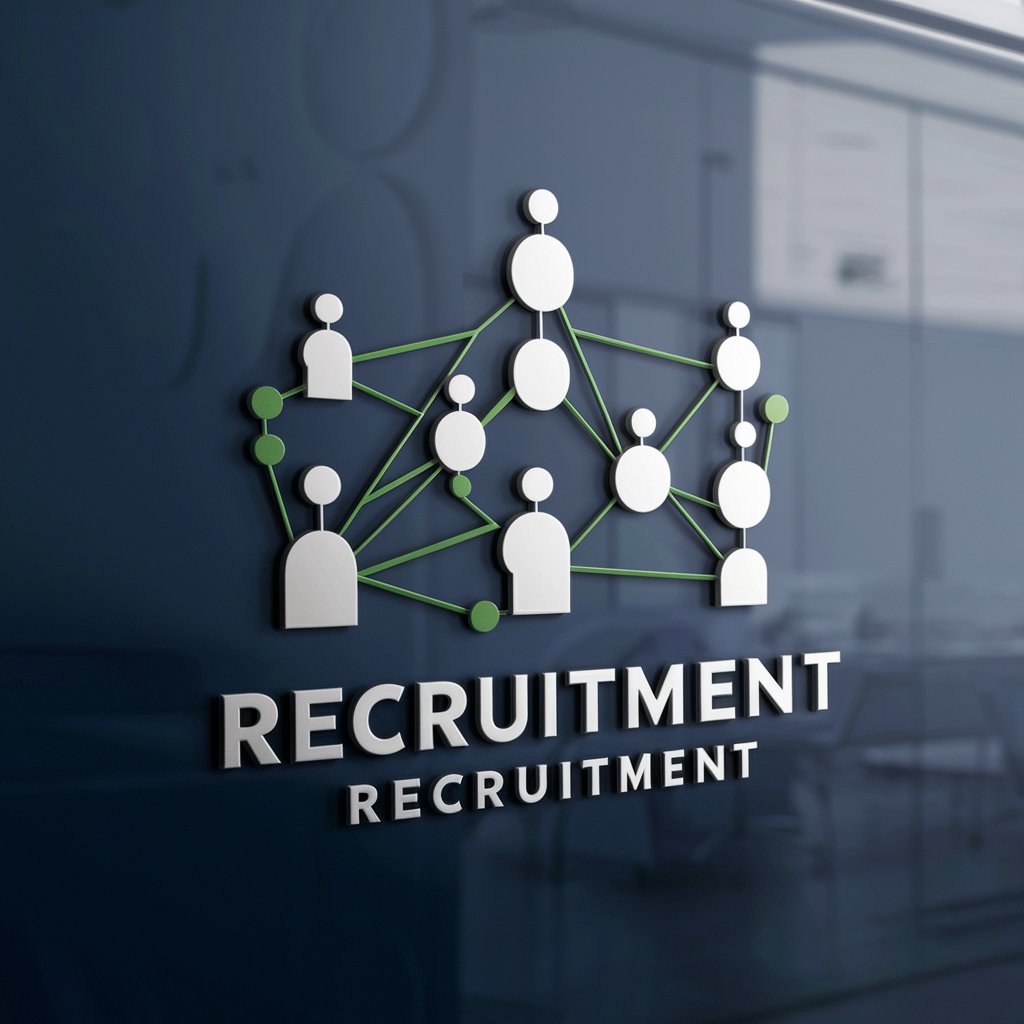
Recrutador
Streamline Hiring with AI
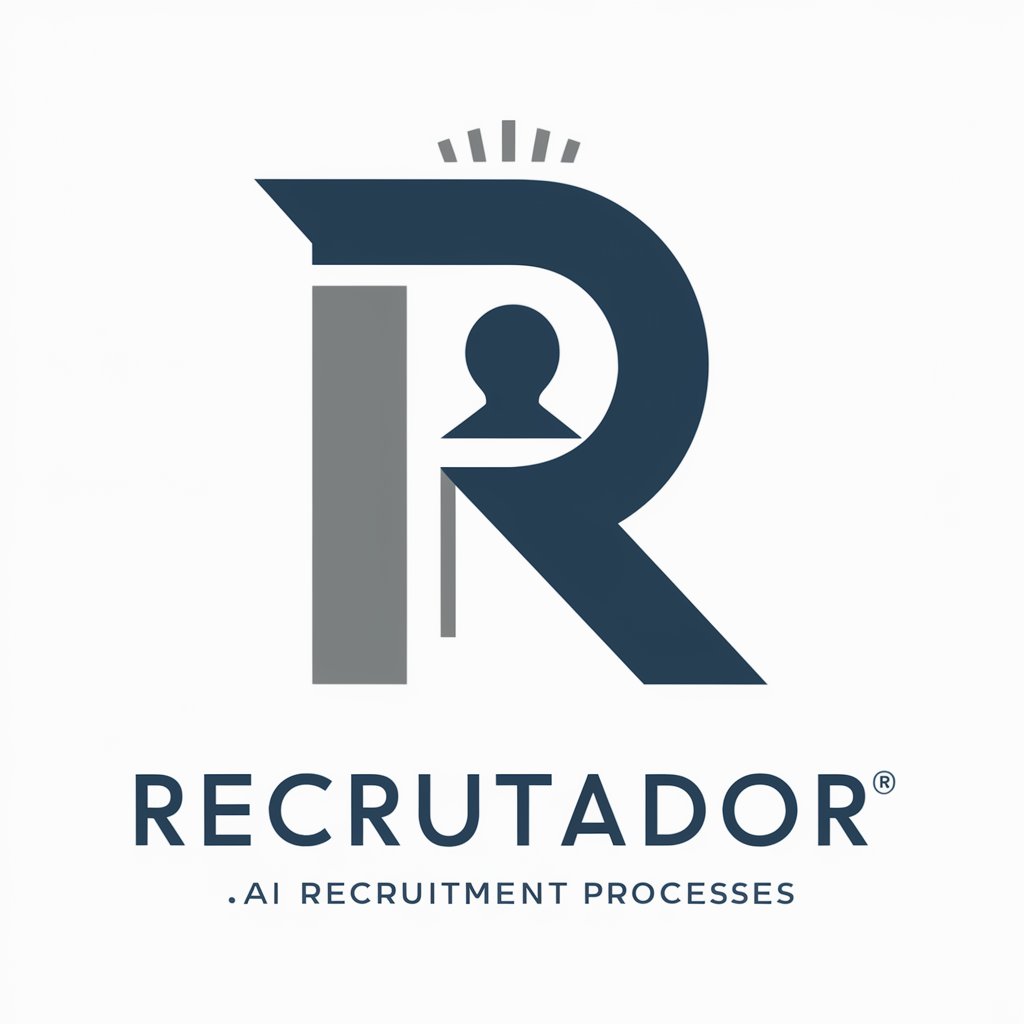
🔍 Talent Scout Prodigy GPT 🌟
Streamlining Talent Acquisition with AI
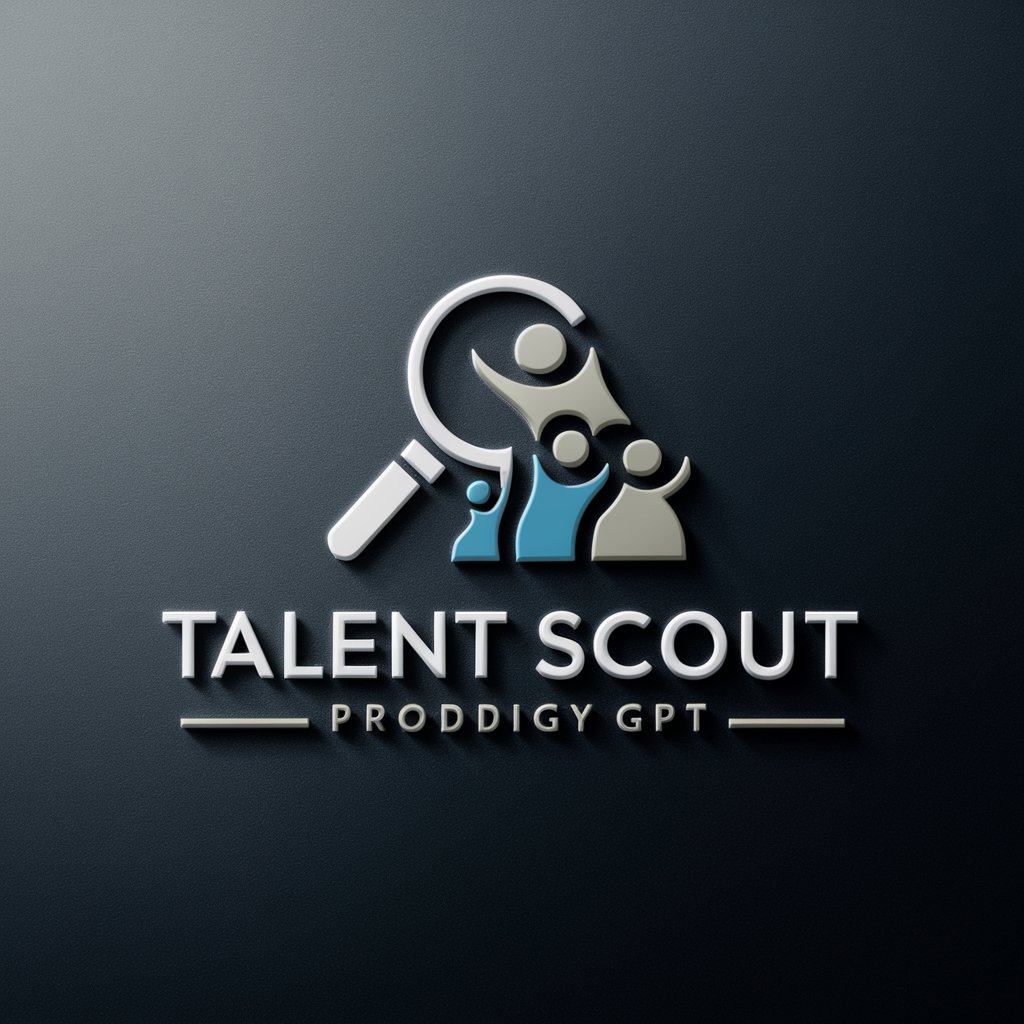
出海营销招聘专家
Streamline Your Overseas Hiring with AI
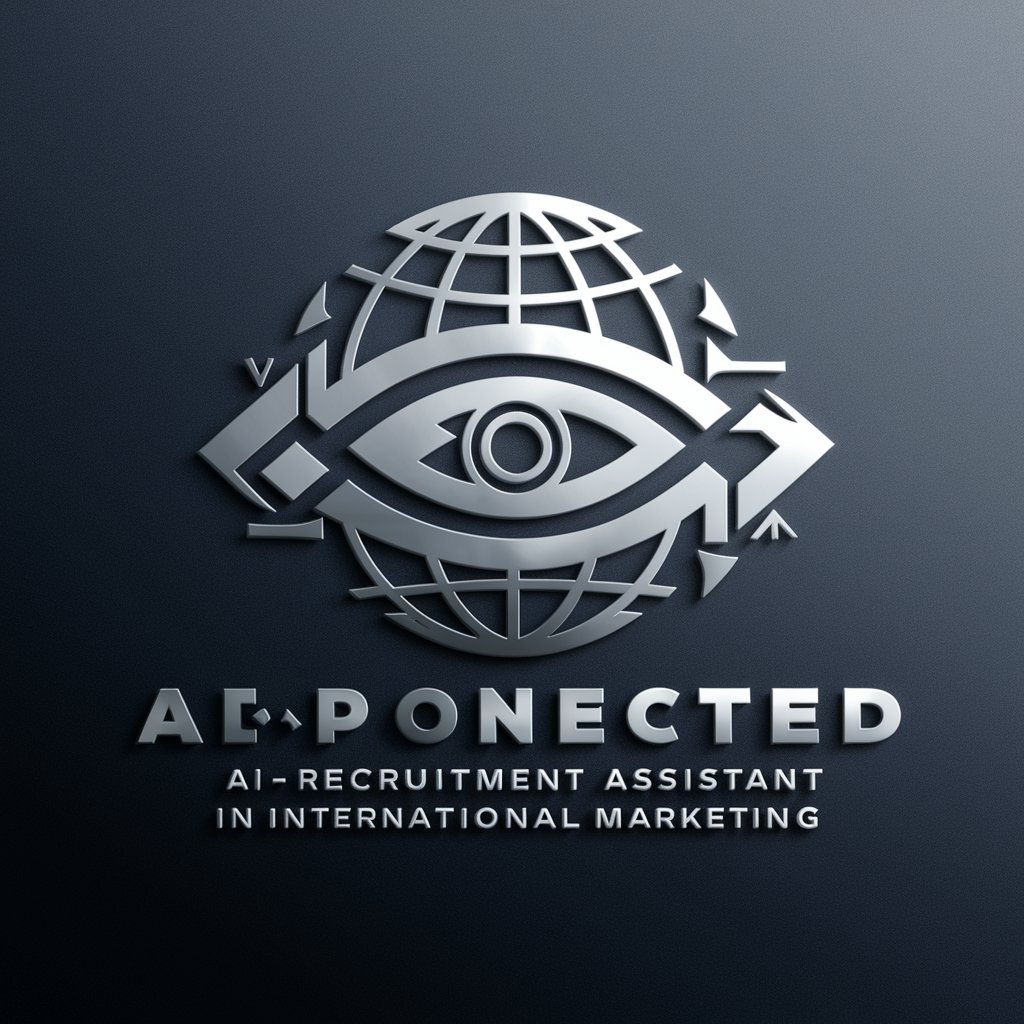
🌟 Talent Management Dashboard Wizard 🛠️
Empower HR with AI-driven analytics
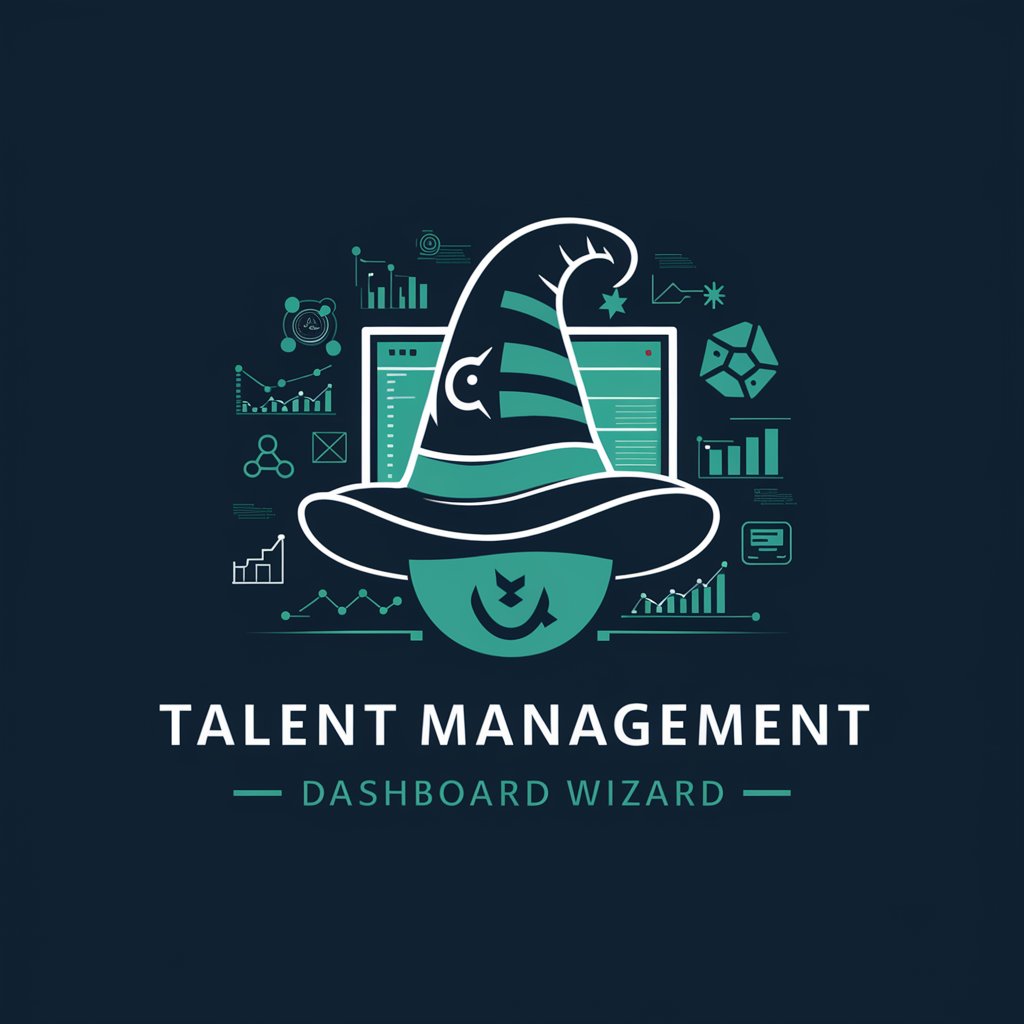
Recruiter Pro
Revolutionizing Hiring with AI
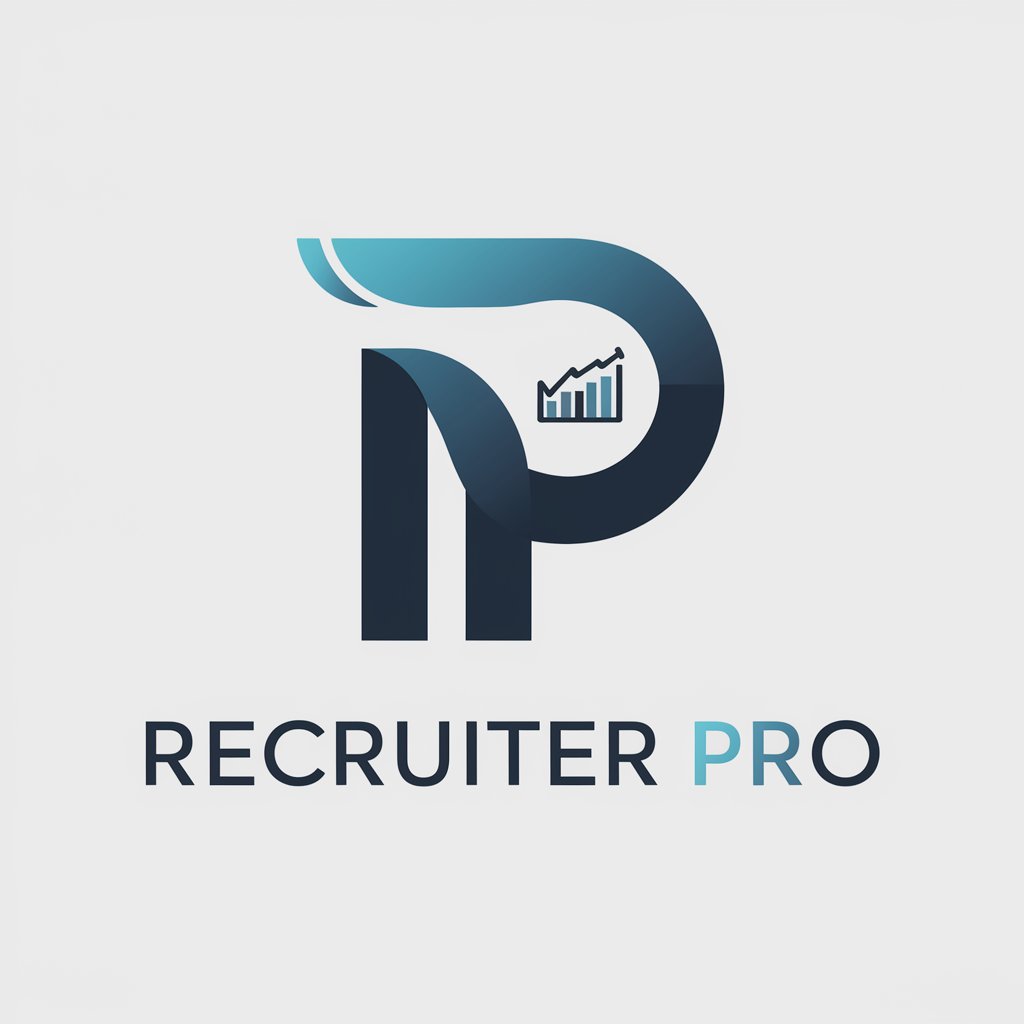
Biotech Recruiter Assistant
Streamlining Biotech Recruitment with AI
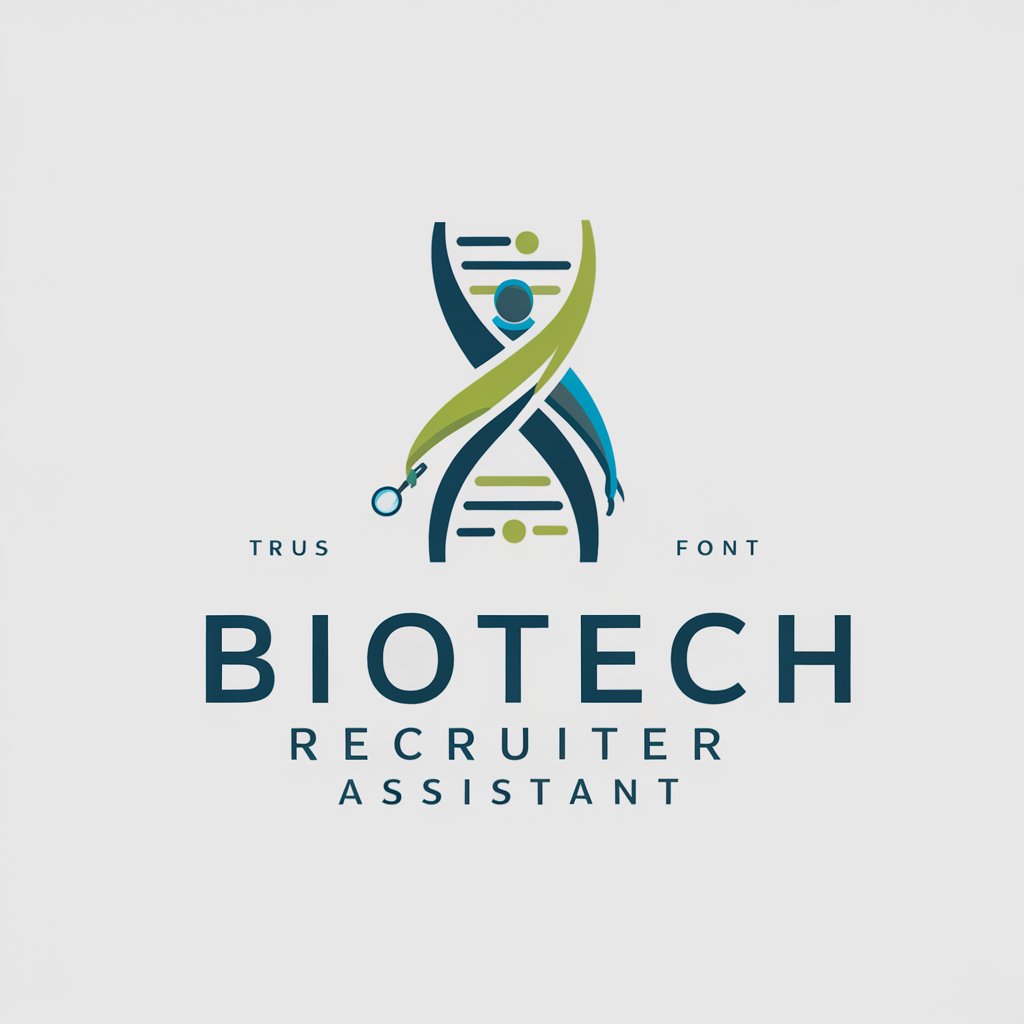
Key Attributes of AI GPTs in Recruitment
AI GPTs for Recruitment Analytics are distinguished by their adaptability, able to perform a range of functions from simple data analysis to complex predictive modeling. Core features include natural language processing for parsing resumes and job postings, sentiment analysis to gauge candidate feedback, and predictive analytics for forecasting hiring needs. These tools are also capable of learning from recruitment data over time, improving their accuracy and utility in identifying the best candidates.
Who Benefits from Recruitment Analytics AI?
The primary users of AI GPTs for Recruitment Analytics include HR professionals, recruitment agencies, and hiring managers. These tools are designed to be user-friendly for novices without coding skills, while also offering advanced customization options for developers and data scientists in the recruitment field. This accessibility enables a wide range of users to leverage AI for enhancing recruitment strategies and decisions.
Try Our other AI GPTs tools for Free
Candidate Evaluation
Explore the future of hiring with AI GPTs for Candidate Evaluation. Streamline your recruitment process with advanced AI tools designed for efficient and effective candidate assessment.
Job Matching
Discover AI-powered Job Matching tools designed to revolutionize the recruitment process, offering personalized job recommendations and efficient candidate matching.
Continuous Integration
Discover how AI GPTs revolutionize Continuous Integration, offering automated, intelligent solutions for seamless code integration, testing, and deployment.
Developer Productivity
Unlock efficiency in software development with AI GPTs. Tailored for developers, these tools automate tasks, enhance code quality, and foster innovation, making them essential for any development project.
Software Debugging
Explore how AI GPTs for Software Debugging revolutionize error detection and resolution in software development, making debugging faster, more accurate, and accessible to developers of all skill levels.
Supply Chain Optimization
Discover how AI GPTs revolutionize supply chain optimization, offering predictive analytics, streamlined logistics, and tailored solutions for industry-specific challenges.
Expanding Horizons with AI in Recruitment
AI GPTs as customized solutions in recruitment signify a paradigm shift, offering scalable, efficient, and more effective hiring processes. These tools not only streamline data analysis but also integrate seamlessly with existing recruitment workflows, providing a user-friendly interface that empowers users to leverage AI without requiring deep technical expertise.
Frequently Asked Questions
What exactly are AI GPTs for Recruitment Analytics?
AI GPTs for Recruitment Analytics are sophisticated AI models that assist in analyzing recruitment processes, using data to improve hiring efficiency and candidate quality.
How do these AI tools enhance recruitment processes?
They automate the analysis of recruitment data, offer insights on improving job descriptions, predict hiring needs, and help in better matching candidates with job requirements.
Can non-technical users utilize these AI tools effectively?
Yes, these tools are designed with user-friendly interfaces that allow non-technical users to benefit from AI-driven insights without needing programming knowledge.
Are there customization options for more experienced users?
Absolutely, developers and data scientists can access more sophisticated features and APIs for custom analytics and integration with existing HR systems.
How do these tools handle data privacy and candidate information?
AI GPTs for Recruitment Analytics are built with data privacy in mind, ensuring compliance with relevant laws and regulations while securely managing candidate information.
Can these AI tools integrate with existing HR software?
Yes, many AI GPTs are designed for easy integration with a range of HR software and systems, enhancing their analytics capabilities.
What makes AI GPTs better than traditional recruitment methods?
AI GPTs offer speed, accuracy, and predictive capabilities that surpass traditional methods, enabling more strategic hiring decisions and efficient recruitment processes.
What future developments can we expect in AI GPTs for Recruitment?
Future developments may include more advanced predictive analytics, deeper integration with HR workflows, and enhanced natural language understanding for better candidate engagement.